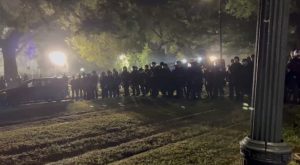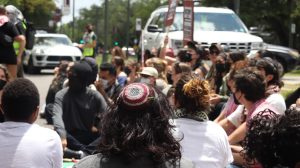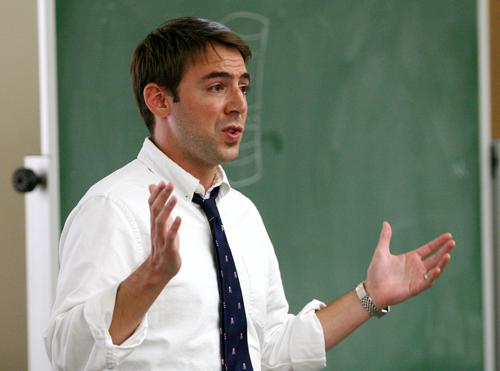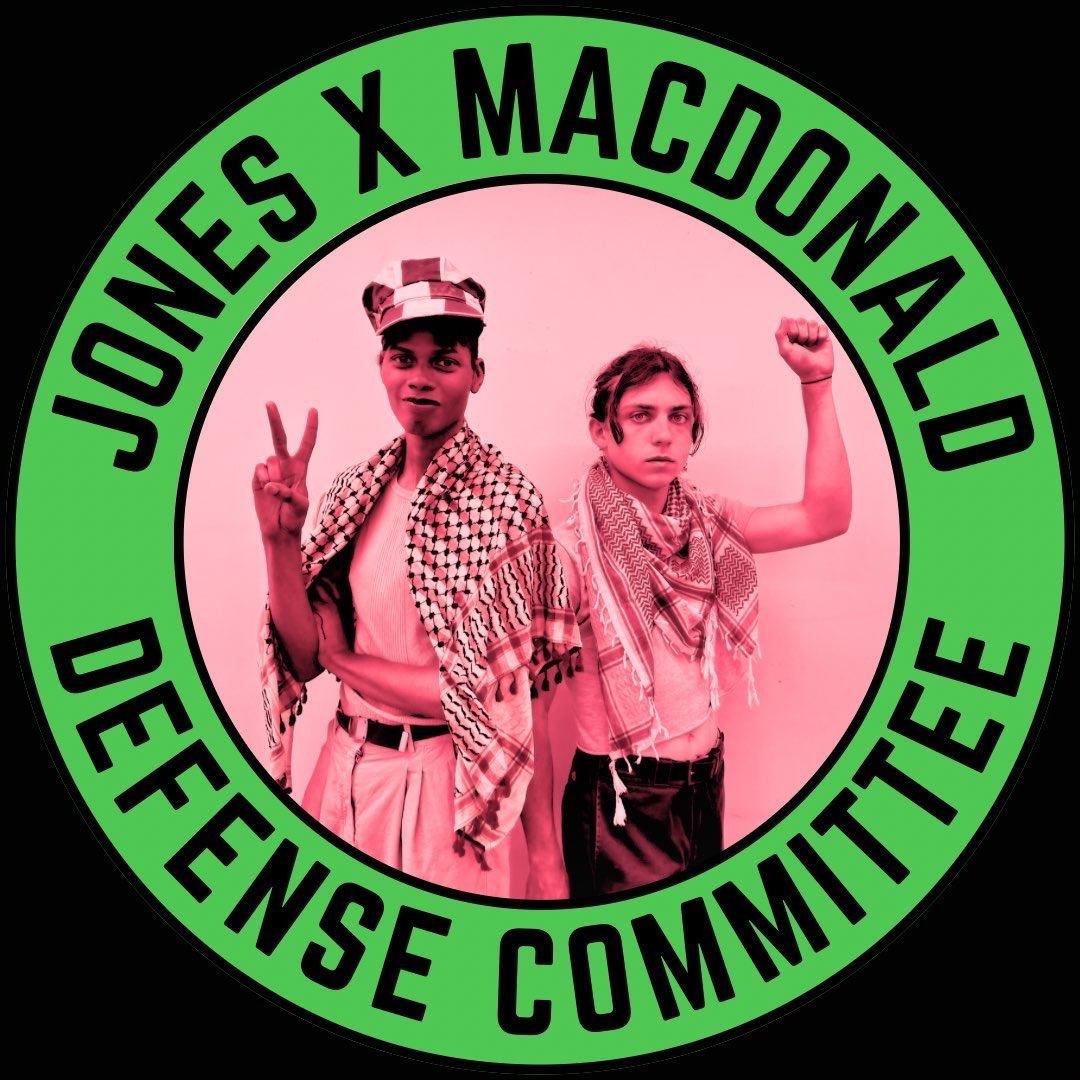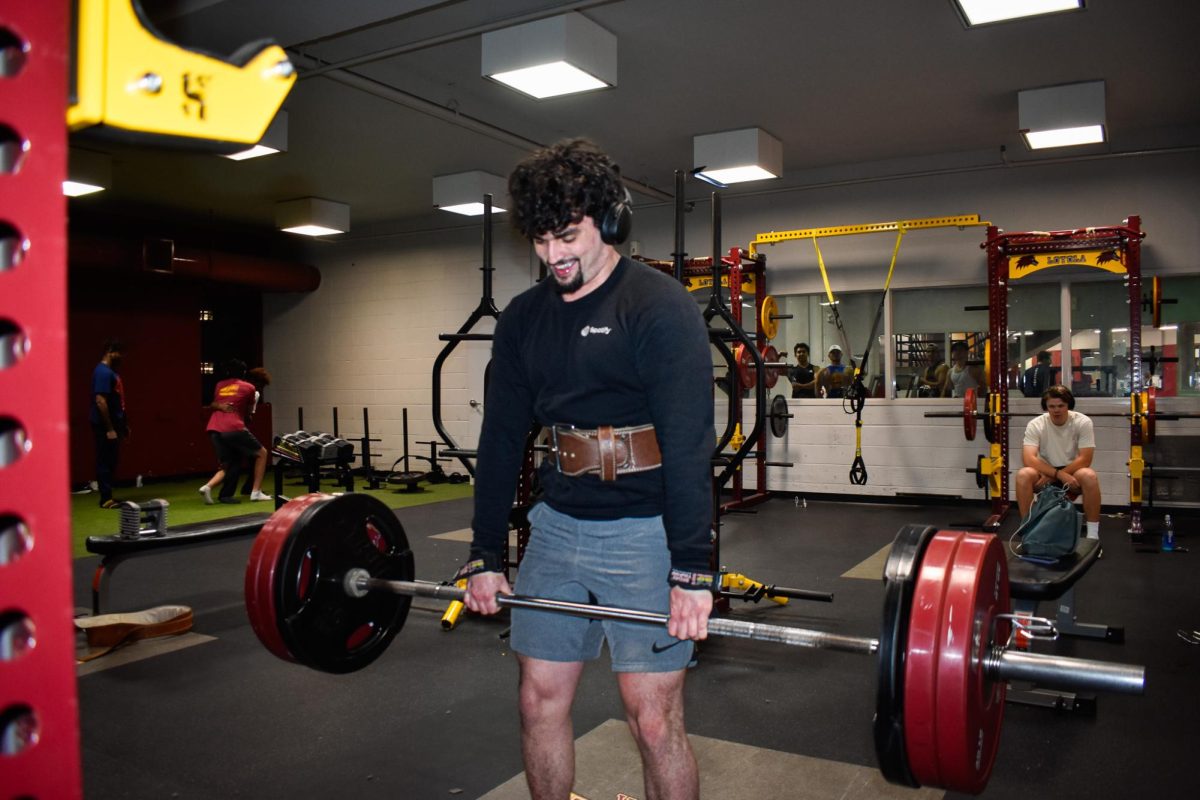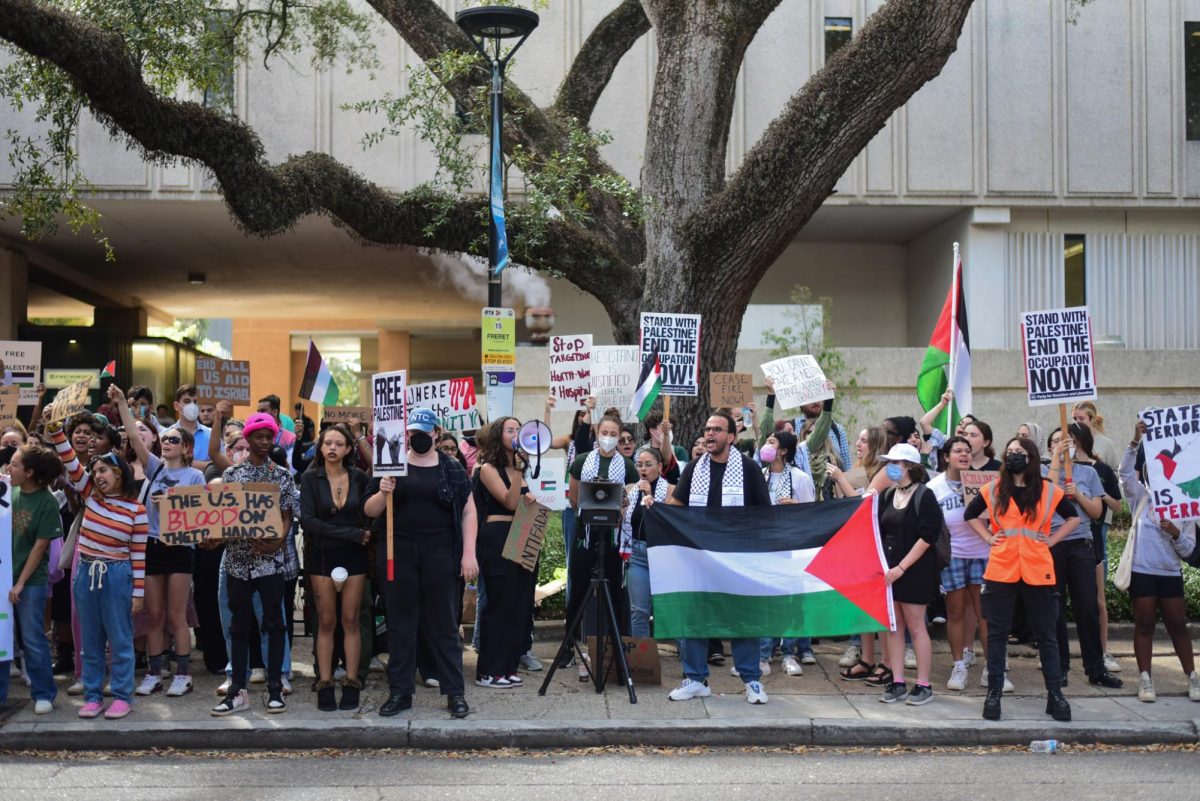Economics professor Walter Block is itching to debate the value of socialized health care with a Loyola professor during a future meeting of the Economics Club, an organization that has recently gotten a lot of attention.
The 500 received in Nunemaker Hall filled up quickly when Rep. Ron Paul (R-Texas) came to Loyola, and as big an issue as health care has become, the faculty adviser of the economics club said they’re unlikely to be that popular again any time soon.
“We’ve never had that much turnout, and I doubt we ever will again until he comes back,” Block said.
Still, Block said it’s been his experience that students love to see their professors take each other on in a debate and government-run health care is something that needs to be discussed.
He hasn’t found anyone who wants to argue pro-socialized medicine yet and said, “no reasonable offer will be declined.”
The economics club usually meets twice a month to hear a speaker, a debate or a panel discussion.
On Monday, Sept. 14, Peter Leeson, an economics professor from the University of Chicago, spoke on the economics of “old-school” pirates of the 17th and 18th centuries. The lecture, based on his book “The Invisible Hook: The Hidden Economics of Pirates,” debunked the rumors surrounding the prototypical image of pirates many people hold
“(Pirates) desperately didn’t want to fight anybody,” he argued, saying that it was economically impractical to pick fights with anyone they came across. “Blackbeard never killed a single person.”
Their reputations as killers were fabricated by themselves so that their enemies would quickly surrender to them, rather than being forced to become pirates or face brutal torture.
In terms of equality, pirates were far ahead of their civilian peers, Leeson argued. The average early 18th century pirate crews were one-quarter black, and gave the opportunity of equal pay to the entire crew. Pirates also had one of the earliest forms of workmen’s compensation, where members of the crew “socialized part of the cost” of the fund, he said.
Future lectures include George Ayittey, an economist from Ghana, who will speak on Sept. 24 about economic problems in Africa, and a panel discussion about the status of the economy between businessmen Morgan Poliquin, Rick Rule and Doug Casey is scheduled on Oct. 7.
Economics professor Dan D’Amico and religious studies professor Boyd Blundell agreed to debate the United States’ minimum wage law soon as well, Block said.
Block said as a “social justice university,” Loyola represents economic views that the club doesn’t always agree with.
“I think students want to hear an alternative point of view,” he said.
He said he will also accept challenges to debate matters of environmentalism, sweatshops or “any form of socialism.”
Katie Urbaszewski can be reached at [email protected]. Kevin Zansler contributed to this report. He can be reached at [email protected]


